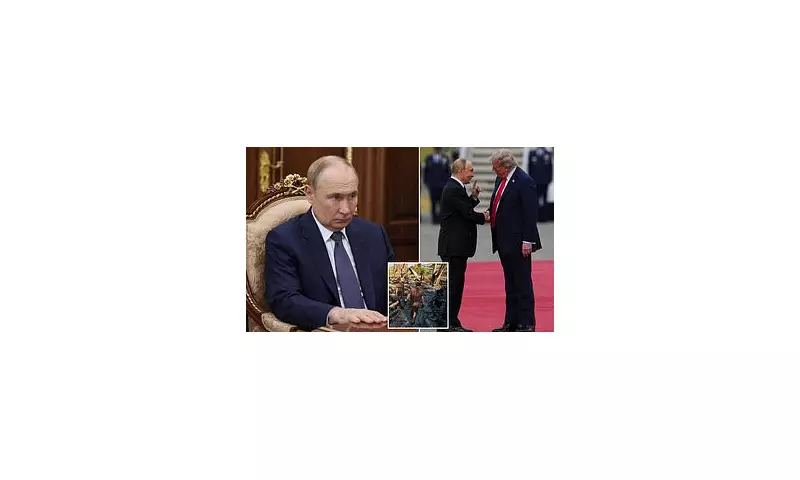
The path to peace in Ukraine has hit a major diplomatic hurdle as Russia and China present a united front, demanding a radical overhaul of European security arrangements from the West. The joint proposition, delivered by Russian Foreign Minister Sergey Lavrov, signals a hardening of positions and sets a complex precondition for any potential negotiations.
Speaking at a conference, Lavrov outlined the core demand: legally binding security guarantees that would fundamentally restrict NATO's influence and military presence in Eastern Europe. This move is widely seen as an attempt to formalise a new sphere of influence and reverse decades of Western expansion.
A Challenge to the Post-Cold War Order
The demands directly challenge the security architecture that has defined Europe since the 1990s. Lavrov's statement emphasised that these guarantees are not a mere suggestion but an absolute necessity for any serious peace process to begin. The specifics are believed to include:
- A permanent ban on NATO membership for Ukraine and likely other states like Georgia.
- The removal of NATO troops and military infrastructure from member states that joined the alliance after 1997.
- Legal assurances that would prevent the West from supporting Ukrainian military efforts.
China's Role as a Strategic Partner
Crucially, this position is no longer Russia's alone. China's explicit backing provides significant diplomatic weight to the demands, presenting a coordinated challenge from two permanent members of the UN Security Council. This alliance suggests a concerted effort to dismantle the US-led global security system and create a new, multipolar world order on their terms.
The involvement of China introduces a new geopolitical dimension to the conflict, far beyond the borders of Ukraine. It raises questions about the future of global diplomacy and the balance of power, making a swift resolution to the war seem increasingly unlikely.
The West's Dilemma
For Western leaders, the demands present an almost impossible choice. Accepting them would mean capitulating to Russian aggression and effectively sacrificing Ukrainian sovereignty and the security of newer NATO allies. Rejecting them outright, however, could be portrayed by Moscow and Beijing as proof that the West is not genuinely interested in a diplomatic solution.
The ball is now firmly in the court of the United States and its European partners. Their response will shape not only the future of Ukraine but the strategic landscape of the entire continent for decades to come. With China now a key player in the negotiations, the stakes are higher than ever.





